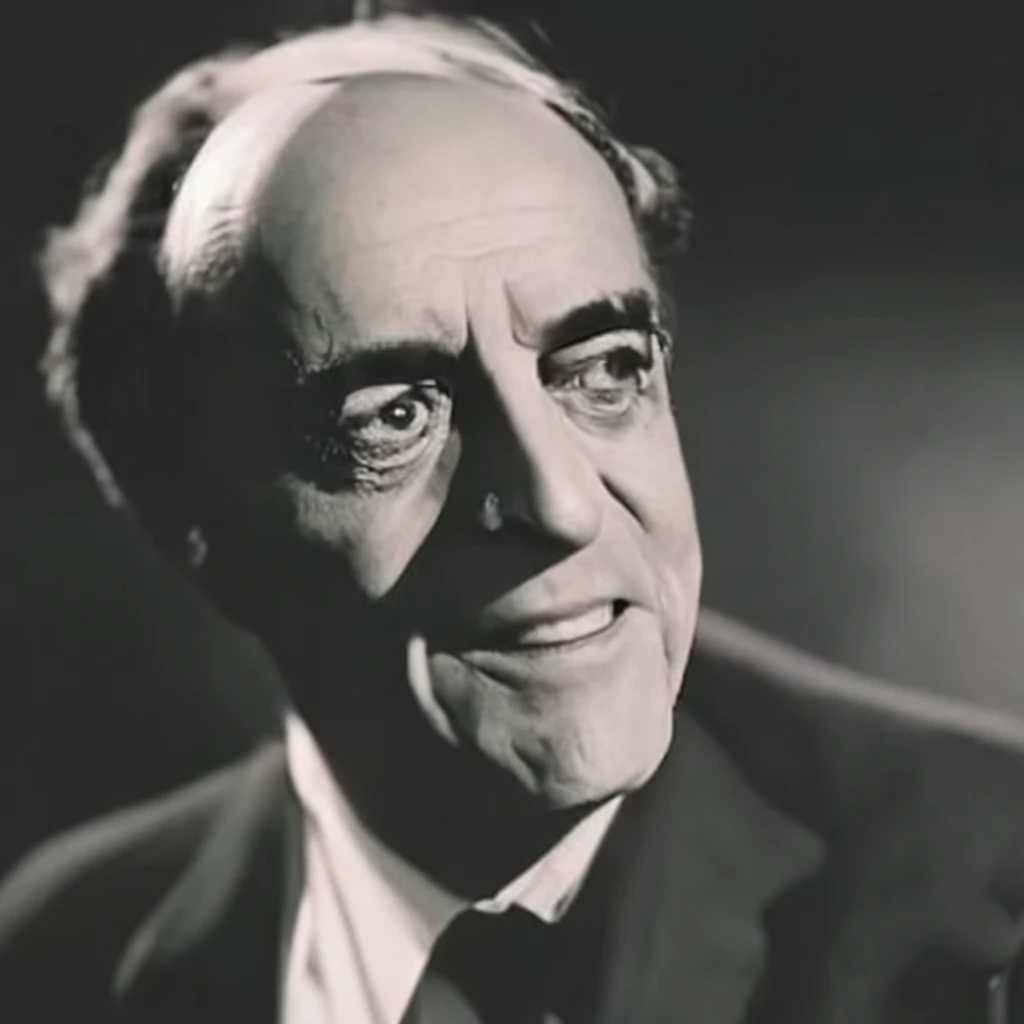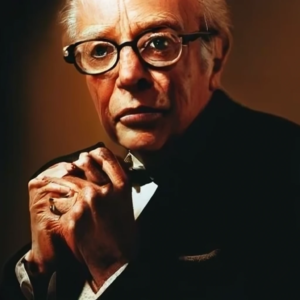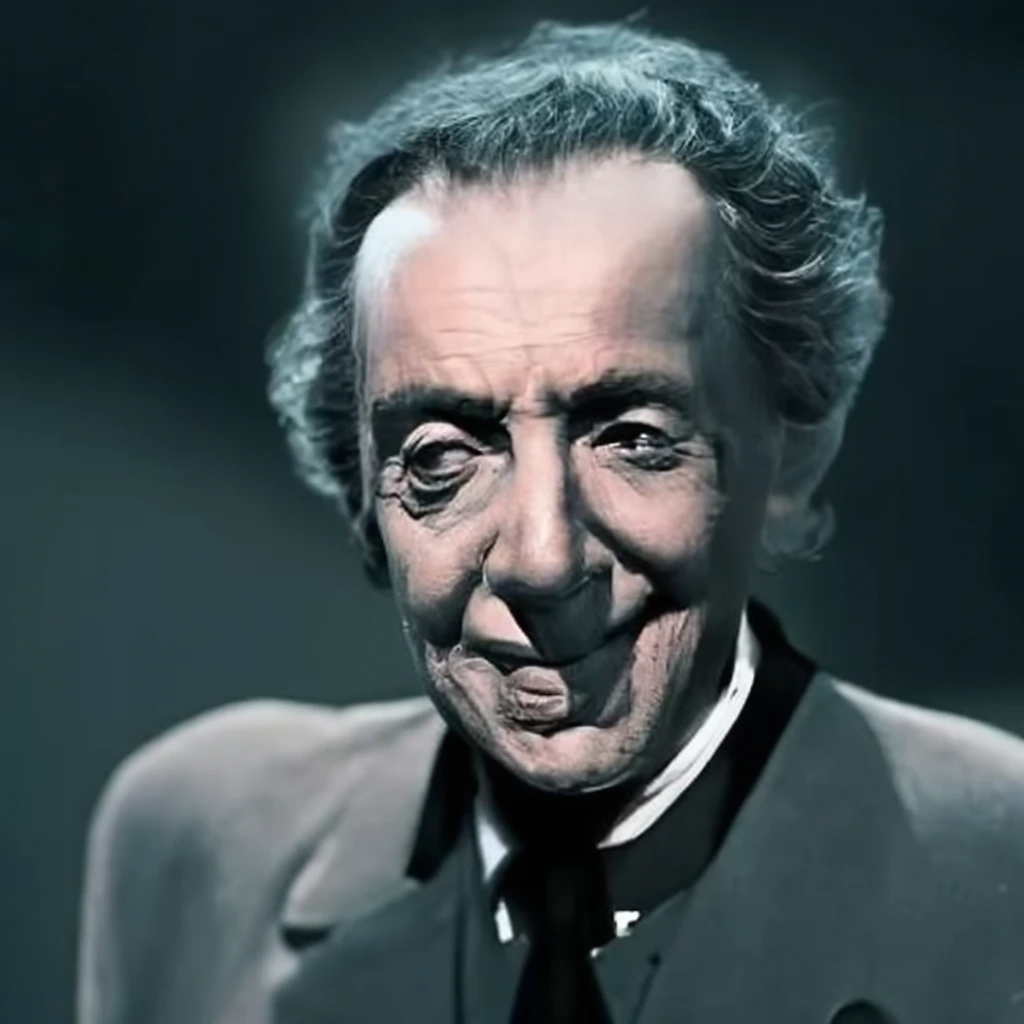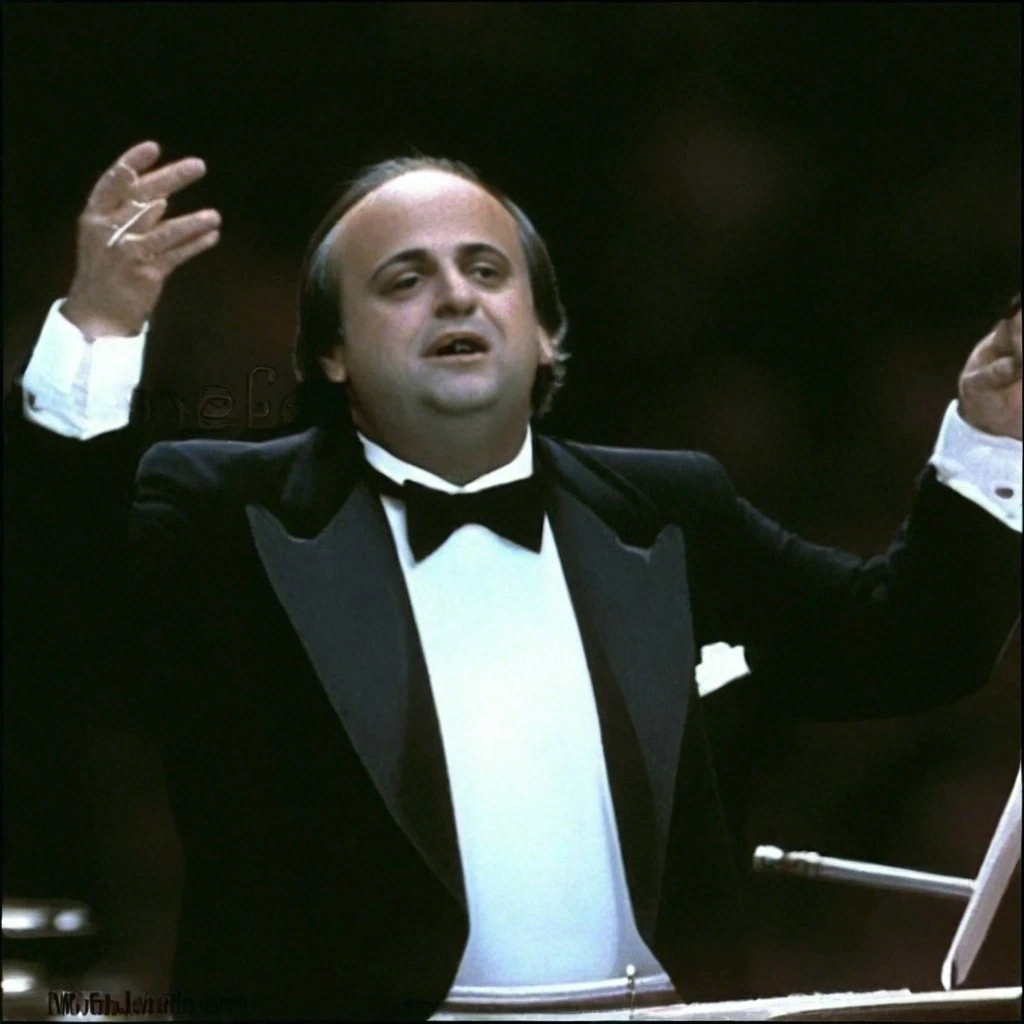Henry Mancini: A Composer of Timeless Elegance
Henry Mancini, hailed as one of the most influential composers of the 20th century, left an indelible mark on the world of music with his iconic melodies and innovative compositions. Renowned for his ability to infuse elegance and sophistication into his music, Mancini’s works have transcended generations, captivating audiences with their timeless charm and melodic brilliance. In this comprehensive exploration, we delve into the life, music, and enduring legacy of Henry Mancini, celebrating his remarkable contributions to the world of film and popular music.
Born on April 16, 1924, in Cleveland, Ohio, Henry Mancini’s early life was shaped by a deep love for music and a passion for creativity. From a young age, he displayed a natural aptitude for the piano, captivating listeners with his innate talent and musical intuition. Mancini’s formative years were marked by a diverse range of influences, from jazz and classical music to the burgeoning sounds of popular music. His musical journey took him from the concert stage to the silver screen, where he would ultimately carve out a legacy as one of the most celebrated composers in the history of film music.
Background and Early Life
Henry Mancini’s musical journey began in earnest during his formative years in Cleveland, where he immersed himself in the rich tapestry of musical styles and genres that surrounded him. Inspired by the jazz greats of the era, Mancini honed his skills as a pianist and composer, drawing inspiration from the sounds of Duke Ellington, Count Basie, and other jazz luminaries. His early experiences playing in local bands and orchestras provided invaluable training ground, allowing him to refine his craft and develop his own unique voice as a composer.
Despite his burgeoning musical talents, Mancini’s path to success was not without its challenges. Like many aspiring musicians of his time, he faced skepticism and uncertainty about his future in the music industry. However, his unwavering determination and passion for music propelled him forward, leading to opportunities that would ultimately change the course of his career. In 1942, Mancini enrolled at the renowned Juilliard School of Music in New York City, where he further honed his skills and immersed himself in the vibrant musical scene of the city.
Musical Style and Genre
Henry Mancini’s musical style is characterized by its elegance, sophistication, and emotional resonance. Drawing from a wide range of influences, including jazz, classical, and popular music, Mancini created a distinctive sound that defied easy categorization. His compositions often featured lush orchestrations, memorable melodies, and intricate harmonies, reflecting his keen sense of musicality and his ability to evoke a wide range of emotions through music.
One of Mancini’s greatest strengths as a composer was his ability to tailor his music to the specific needs of each project, whether it be a lighthearted comedy, a suspenseful thriller, or a heartfelt romance. His versatility and adaptability made him a sought-after collaborator for filmmakers across genres, earning him widespread acclaim and recognition for his contributions to the world of film music. From the playful jazz rhythms of “The Pink Panther” to the hauntingly beautiful melodies of “Moon River,” Mancini’s music captured the hearts of audiences around the world, cementing his status as one of the preeminent composers of his time.
Career Highlights
Throughout his illustrious career, Henry Mancini achieved a multitude of accolades and milestones that solidified his status as one of the most respected composers in the film industry. His breakthrough came in the late 1950s when he began collaborating with director Blake Edwards on a series of successful films, including “Breakfast at Tiffany’s” and “The Pink Panther.” Mancini’s iconic theme for “The Pink Panther,” with its infectious melody and playful jazz arrangement, became synonymous with the suave and sophisticated character of Inspector Jacques Clouseau, earning him his first Academy Award nomination for Best Original Score.
Mancini’s collaboration with Edwards continued throughout the 1960s and 1970s, producing a string of hit films and memorable scores that further solidified his reputation as a composer of unparalleled talent and versatility. His work on films such as “Days of Wine and Roses,” “Charade,” and “Victor/Victoria” earned him critical acclaim and numerous awards, including four Academy Awards and twenty Grammy Awards over the course of his career. Mancini’s music transcended the confines of the silver screen, becoming an integral part
Impact and Influence
Henry Mancini’s influence on the world of music and cinema extends far beyond his own compositions. His innovative approach to film scoring, his meticulous attention to detail, and his ability to evoke deep emotional responses through music have inspired generations of composers and filmmakers to follow in his footsteps. Mancini’s music has been sampled, reinterpreted, and
celebrated by artists across genres, from jazz and pop to hip-hop and electronic music, attesting to its enduring appeal and influence.
In addition to his contributions to film music, Mancini’s legacy lives on through his work as an educator and mentor to aspiring musicians. Throughout his life, he was passionate about sharing his knowledge and experience with the next generation of musicians, teaching master classes and serving as a mentor to young composers. His commitment to nurturing talent and fostering creativity has had a lasting impact on the world of music, inspiring countless artists to pursue their dreams and push the boundaries of their craft.
Personal Life and Public Image
In addition to his achievements in music, Henry Mancini was known for his warmth, charm, and impeccable sense of style. Despite his status as one of the most celebrated composers in the world, Mancini remained humble and approachable, earning him the respect and admiration of colleagues and collaborators alike. He was a devoted husband and father who cherished his family above all else, finding solace and inspiration in their love and support throughout his life.
Mancini’s public image was one of sophistication and elegance, reflecting the timeless quality of his music and the effortless grace with which he conducted himself. Whether attending glamorous Hollywood events or performing with orchestras around the world, Mancini exuded an air of quiet confidence and dignity that endeared him to audiences of all ages. His enduring popularity and universal appeal made him a beloved figure in the world of music and entertainment, leaving a legacy that continues to inspire and uplift to this day.
Discography or Body of Work
Henry Mancini’s body of work is as diverse as it is extensive, encompassing a wide range of genres and styles. From his iconic film scores to his beloved pop hits and jazz standards, Mancini’s music has touched the hearts of millions around the world and left an indelible mark on the cultural landscape. Some of his most notable works include “Moon River,” “The Pink Panther Theme,” “Days of Wine and Roses,” “Peter Gunn,” and “Charade,” each showcasing his remarkable talent and versatility as a composer.
In addition to his film scores, Mancini also composed music for television, theater, and concert hall performances, further demonstrating his range and versatility as a composer. His concert works, including symphonies, concertos, and chamber music, have been performed by orchestras around the world, earning him acclaim as a composer of classical music. Mancini’s diverse body of work continues to inspire and captivate audiences, ensuring that his legacy as one of the greatest composers of the 20th century will endure for generations to come.
Legacy and Cultural Impact
Henry Mancini’s legacy as one of the greatest composers of the 20th century is firmly established, thanks to his groundbreaking contributions to film music and his enduring impact on the wider world of music and culture. His innovative approach to composition, his unwavering commitment to artistic excellence, and his ability to connect with audiences on a profound emotional level ensure that his music will continue to resonate and inspire for generations to come.
Mancini’s influence extends beyond the realm of film music, permeating popular culture and leaving an indelible mark on the broader landscape of music and entertainment. His iconic melodies and timeless compositions have become part of the fabric of our cultural heritage, cherished by music lovers of all ages and celebrated by artists around the world. From the glittering lights of Hollywood to the concert halls of Europe, Mancini’s music continues to captivate audiences and inspire generations of musicians, ensuring that his legacy will endure for years to come.
Fanbase and Communit
The enduring appeal of Henry Mancini’s music has cultivated a devoted fanbase and vibrant community of enthusiasts who continue to celebrate his legacy and champion his work. From online forums and social media groups to fan events and tribute concerts, Mancini’s fans come together to share their love for his music and to honor his contributions to the world of music and entertainment. Through their passion and dedication, Mancini’s music lives on, ensuring that his legacy remains alive and vibrant in the hearts and minds of fans around the world.
Conclusion
In conclusion, Henry Mancini’s impact on the world of music and entertainment is immeasurable, thanks to his groundbreaking compositions, his innovative approach to composition, and his enduring legacy as a visionary artist. From his early days as a prodigious young pianist to his legendary status as one of the most celebrated composers in the history of film music, Mancini’s music continues to inspire and captivate audiences around the world, leaving an indelible mark on the cultural landscape for generations to come.






